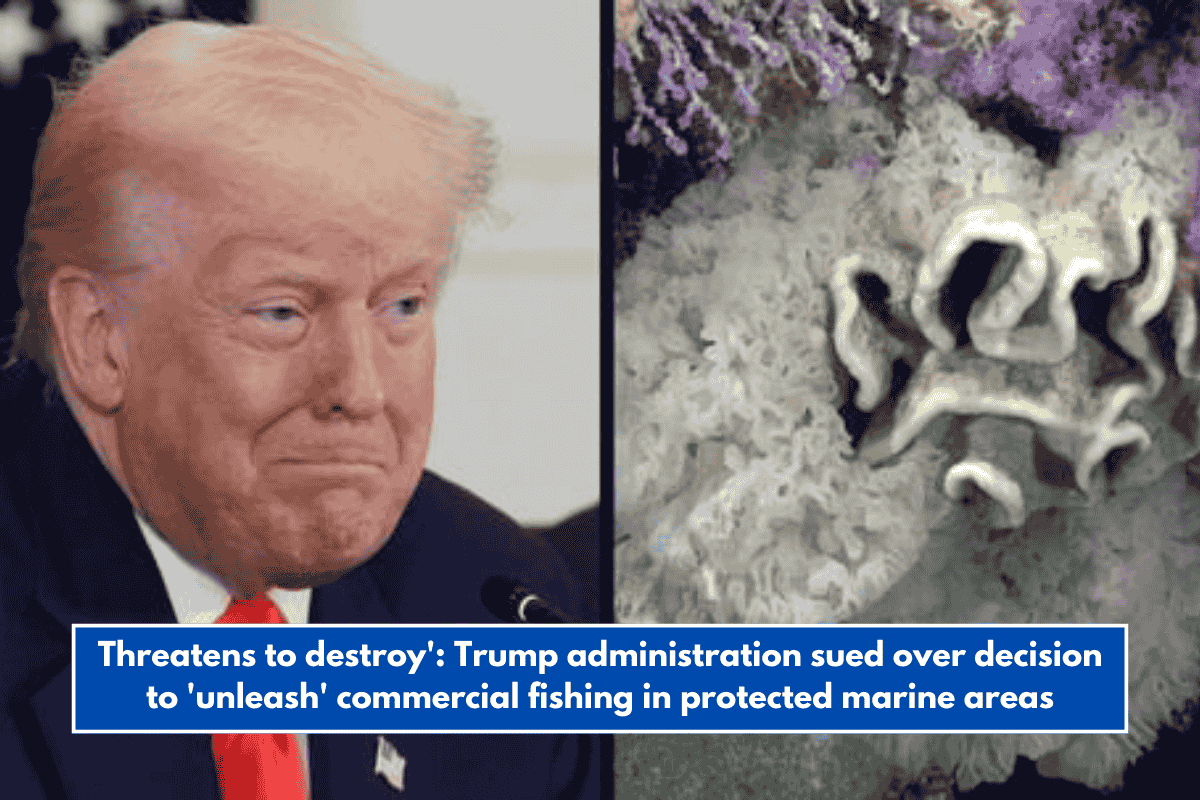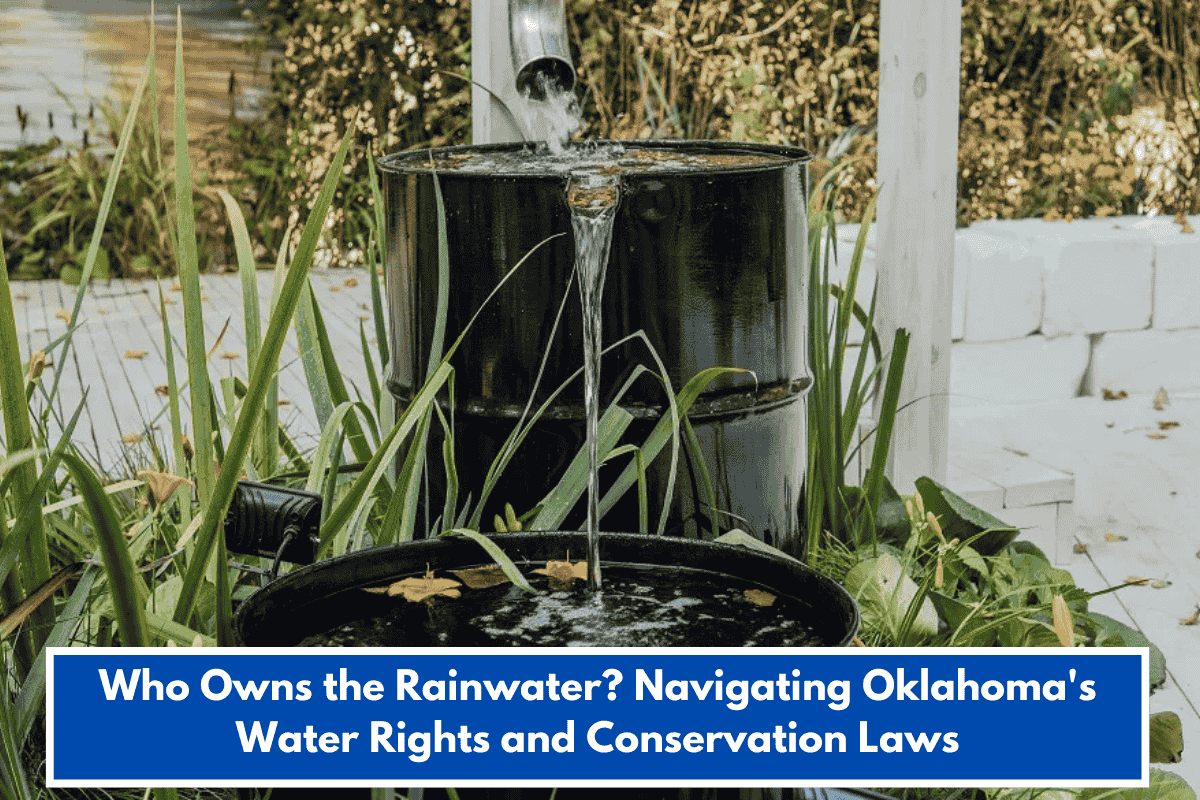Hawaii, USA – Conservationists and Native Hawaiian cultural practitioners have filed a lawsuit against the Trump administration, challenging an executive order that cut marine protections in the central Pacific Ocean. The order could open up sensitive marine areas to commercial fishing, putting endangered species and unique ecosystems at risk.
The case was filed in the U.S. District Court of Hawaii and aims to reverse the April 2025 proclamation that removed environmental safeguards established by former presidents George W. Bush and Barack Obama.
Background: What Is the Marine National Monument?
The Pacific Remote Islands Marine National Monument was created in 2009 by President Bush. His order protected marine life around several islands and atolls like Wake, Jarvis, Johnston, and Kingman Reef. President Obama later expanded these protections in 2014, increasing the no-fishing zone to 200 nautical miles around certain islands.
These protected waters are home to tuna, turtles, sharks, seals, and seabirds, many of which are classified as endangered or threatened.
What Did Trump’s Executive Order Do?
In April 2025, President Donald Trump issued a proclamation reversing Obama’s 2014 order, claiming that commercial fishing in the area would not harm scientific or historical interests.
As a result, the National Marine Fisheries Service announced that fishing in previously protected areas would now be allowed.
This move aligns with Trump’s “America First” agenda, which seeks to reduce regulations and boost American industries, including fishing.
Why Conservationists Are Opposed
Three organizations—Conservation Council for Hawaii, the Center for Biological Diversity, and Kapaʻa, a group of Native Hawaiian practitioners—have come together to challenge Trump’s order in court.
They argue that:
- The rollback violates the Antiquities Act of 1906, which protects natural and cultural heritage sites.
- The endangered marine species and coral reefs in the area could face severe damage from fishing.
- The ocean zone is vital for climate change studies, including coral bleaching and ocean acidification research.
What the Lawsuit Seeks
The plaintiffs are requesting:
- A court order to stop the Trump administration from implementing the rollback.
- A ruling that Trump exceeded his authority under the Antiquities Act.
- Reinstatement of the 2014 protections for the full 200 nautical miles.
They believe that opening up these areas to fishing could cause permanent damage to a rare and scientifically valuable marine ecosystem.
Trump’s Viewpoint
President Trump has claimed that well-managed fishing will not harm marine resources and says that the original protections were too strict, harming American fishermen while giving an advantage to foreign competitors.
This rollback is part of his broader push to reduce regulations across various industries.
This case highlights the ongoing tension between environmental protection and economic interests. While the Trump administration argues that easing restrictions supports American workers, conservation groups insist that some ecosystems are too valuable to risk. The final court ruling could set an important precedent for future marine conservation policies in the United States and beyond.












